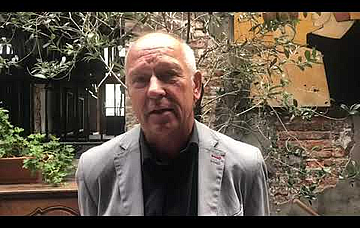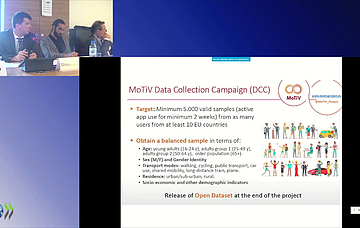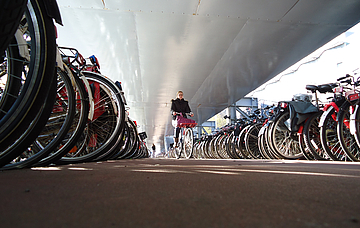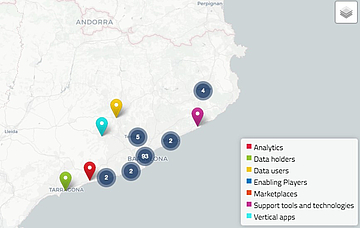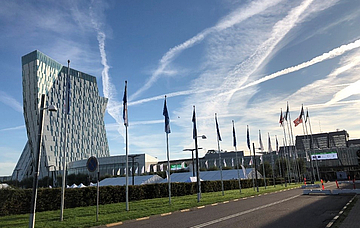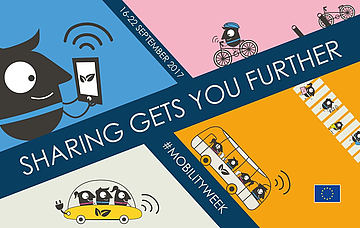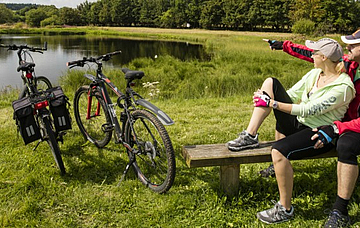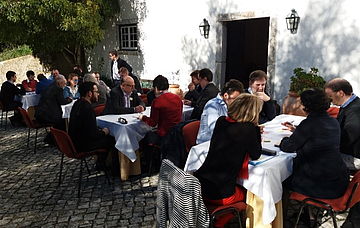New Approaches for a Better Mobility System - Policy and Business Recommendations from MoTiV
Traditionally, travel time has been seen as non-productive time by decision-makers, economists, and transport planners. Based on the assumption that people would like to spend as little time as possible travelling to reach their work or leisure activities, transport projects have therefore been focussing on minimising travel time, especially for motorised modes. The Value Proposition of Mobility (VPM) in the MoTiV project takes up these approaches by adding the “Time well spent” dimension to the Value of Travel Time, considering that certain factors such as increased comfort, well-being or the possibility to do certain activities while travelling can influence a traveller’s choice. In some instances, these experiences or activities are as much as or more important than time and cost saved.
The MoTiV project further expands the concept of “time well spent” or “worthwhile travel time”, based on three main building blocks: The three main types of value (enjoyment, productivity, and fitness), activities carried out by travellers – related or unrelated to the act of travelling itself – and finally experience factors referring to travel conditions or other external factors.
The results of the data analysis show that in general, modes of transport belonging to the categories walking and cycling have received a high evaluation in terms of enjoyment and fitness. Productivity is, in general, lower across the board than enjoyment and fitness, with some exceptions. The evaluation for all worthwhileness factors (fitness, enjoyment, and productivity) is lower for the actual trips than the preferences stated during the onboarding process, and the actual travel behaviour also differs substantially from these preferences. Enjoyment is the most important element for making a trip worthwhile, followed by fitness and the ability to do personal tasks, whereas paid work seems to be a less important influence for the users represented in the MoTiV dataset. It is however more important for trips to work and on long-distance public transport. Travel behaviour was different depending on weather conditions, with public transport use being especially sensitive to the weather.
The MoTiV project has made a significant contribution to improving the appraisal of transport projects through cost-benefit analysis (CBA).
Furthermore, the project produced a comprehensive set of recommendations to both policymakers and (local) businesses owners to maximise the benefits of worthwhile mobility for their constituents and employees. Read about the most interesting findings of the MoTiV project here.

